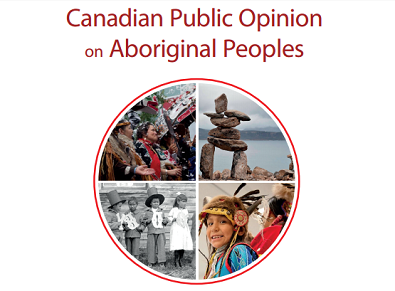There are some surprising findings in a new survey on attitudes about Indigenous Canadians.
Thirty per cent of respondents had not even heard of residential schools, and a majority of Canadians feel Indigenous people have a sense of entitlement.
The most positive results came from eastern Canada and BC, while the most negative came from the Prairies, in particular, Saskatchewan.
The National Centre for Truth and Reconciliation in Winnipeg was one of several sponsors for the national survey. Its director, Ry Moran, was a little surprised and concerned about the findings.
“We are making progress,” he says. “But we have a long way to go.”
Moran says not all the numbers are bad, but there are areas of concern.
In Saskatchewan, 60 per cent of respondents viewed relations with Indigenous people as negative, the highest rate of all the provinces, followed by Manitoba and Alberta.
The survey also found 55 per cent of Saskatchewan residents do not feel Indigenous people have unique rights. Similar numbers were recorded in Manitoba. Moran is not sure why the Prairie provinces generally have a more negative attitude than the rest of the country.
“It certainly popped out as an interesting finding in the survey,” he says. “And one that I think is going to require some good, serious reflection.”
Moran is also a little concerned about the overall lack of knowledge about residential schools. He is encouraged to see awareness has increased over the last six years, but says he is surprised that 30 per cent of those surveyed had not even heard of the issue.
“There is a fairly significant portion of the population that doesn’t understand or have the faintest idea about one of the most damaging and significant elements of the relationship between Canada and Indigenous people,” he says.
The poll also found 41 per cent of Saskatchewan respondents blamed Indigenous people themselves as the biggest obstacle to their economic and social equality, compared to the national average of 26 per cent.
The survey was done in January and February. It involved more than 2,000 non-Indigenous Canadians.
